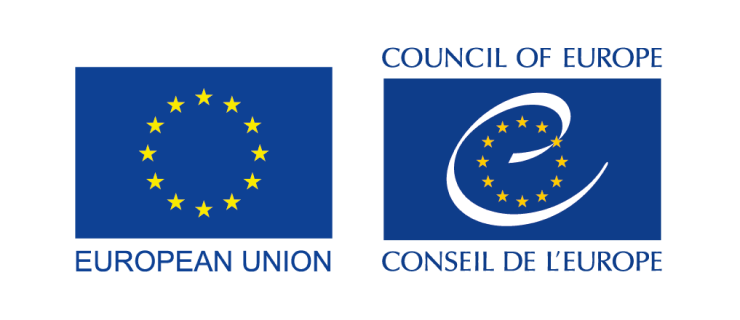What is HISTOLAB?
During the 1st Annual Conference of the Observatory on History Teaching in Europe in December 2021, the European Commission, represented by then Vice-President Margaritis Schinas, announced its eagerness to support the creation of a joint project to reinforce OHTE co-operation activities and to broaden their scope to all 46 Council of Europe member states.
The Observatory on History Teaching in Europe and HISTOLAB are complementary and connected projects that cover an extensive set of priorities centred on quality history education and the importance it yields for future generations. HISTOLAB covers the 46 member states of the Council of Europe.
The Observatory establishes how history is currently being taught in its member states to provide factual information for the exchange of knowledge and good practices. HISTOLAB focuses on the potential for evolution in history education, and shines a light on innovative initiatives in teaching practices, research, and academia.
On this basis, the Joint Project “Transnational History Education and Co-operation Laboratory – HISTOLAB” was created between the European Commission and the Council of Europe. It was formally launched on 1 May 2022. The project finalised activities in October 2024.
What do we do?
HISTOLAB seeks to reinvigorate the field of history education by bringing together innovative ideas on how to improve the teaching of history. From research, to teacher training initiatives, to advances in technology, the means for creativity and creation are abundant, and there is no reason why the teaching of history cannot evolve at the same rate as other school subjects, such as science or mathematics.
HISTOLAB facilitates the co-operation between different stakeholders in the field of history education with the aim of amplifying the values and recommendations of the Council of Europe with regard to history education and promote their implementation through teaching practices.
HISTOLAB encourages the exchange of knowledge, experiences, and expertise across professions in the field of history education, namely practitioners (such as teachers, museologists), academics, junior researchers, and policymakers in order to move the needle in the debate on history education by including multiple professional perspectives.
HISTOLAB also focuses on the exchange of expertise and good practices between professionals from different countries. In doing so, HISTOLAB not only reflects on, identifies, and promotes good practices in history education, but also provides ample opportunities for professional development and networking. Young researchers and professionals working in history education are encouraged to both advance their knowledge and offer new perspectives of their own, through the HISTOLAB Fellowship and Innovation Days.
The co-operation activities of HISTOLAB consisted of:
- The European Innovation Days in History Education: an annual event which will focus on the future of history teaching;
- The HISTOLAB Award for innovative ideas and projects in schools
- The HISTOLAB Fellowship for doctoral students and history educators on a research sabbatical;
- A toolkit for history classes on debunking fake news and fostering critical thinking
HISTOLAB Digital Hub
Our HISTOLAB Digital Hub is an interactive co-operation platform created to facilitate knowledge exchange, professional development and innovation in history education. The Digital Hub features various components and resources available to support exchanges and to pave the way towards co-operation and the creation of a pool of expertise. It is aimed at all academics, researchers, teachers, museum professionals, journalists and institutions active in the field of history education.
It offers the following features:
- Resource Hub (Repository of Resources related to History Education) that collates relevant resources for history educators and history education researchers;
- History Education Calendar and Digital Bulletin Board enabling registered users to post and promote their events, projects, new publications and work opportunities; and
- Directory of HISTOLAB members (HIST-CONNECT) a publicly available database of experts and organisations doing research in the field of history education that facilitates the search for potential project partners worldwide.
Organisational structure
Our belief is that cooperation drives innovation. This belief was manifested also in the organisational structure of HISTOLAB. The Steering Committee was the decision-making body of HISTOLAB and consisted of the Head of the History Education Division and Executive Director of the Observatory on History Teaching in Europe, as well as the HISTOLAB Project Team from the Council of Europe and representatives of the Directorate General Education, Youth, Sport and Culture from the European Commission.
Members of the HISTOLAB project team between April 2022 to October 2024
Our cooperative approach is shared by five distinguished institutions that are committed to contribute their share to the advancement of the way history is taught in Europe and beyond as core partners of HISTOLAB. In this position the partners make a great impact by sharing their expertise, ideas and practical opportunities through the HISTOLAB activities. Through their engagement in the HISTOLAB Advisory Board, which additionally includes two members of the Scientific Advisory Council of the Council of Europe’s Observatory on History Teaching in Europe, they also share their knowledge, insights and positions which allowed the Steering Committee to safeguard the project’s relevance to the target audience and the project team to manage the project effectively.
histolab advisory board

